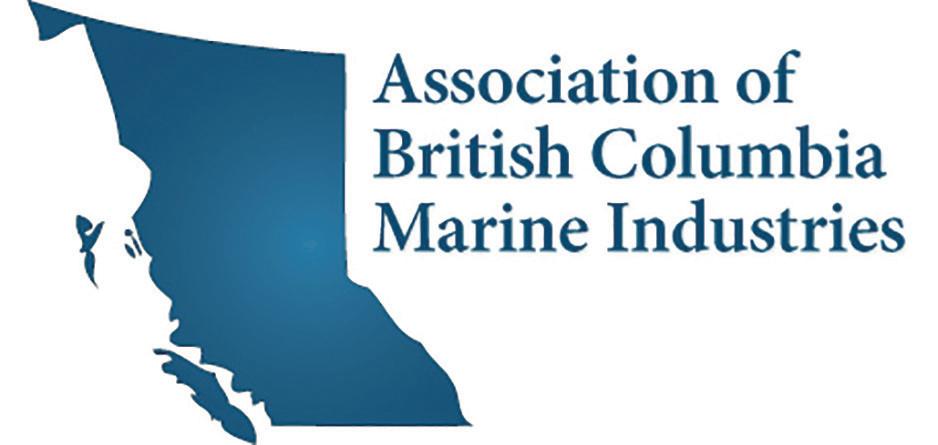PORT STATE CONTROL Port State Control
An ideal of cooperation By J.J. Smith
A
start-of-year quiz in an imaginary classroom (featuring student port managers and harbour masters, of course) might be this: What issue among the ports of the Pacific region commits them to shared, reciprocal action? Several answers can be suggested. They include the enhancement of maritime trade over competing modes of transport such as aviation, transfer of skills and managerial talent, shared security mechanisms, and building resilience to human-caused climate change. The best answer, and not readily apparent because it operates effectively in the background, is port state control. Port state control (PSC), as a means of ensuring safer shipping, has been three decades in development in our region. With equivalent schemes for other areas of the word’s oceans — west Africa, the Caribbean, South America, Europe, and others — PSC has been the single most important governance ‘regime’ to improve the quality of design, construction, and operation of commercial ships in the modern era. This, arguably beyond the now many International Maritime Organization (IMO) administered
“What makes it possible for cooperation to emerge is the fact that the players might meet again.” Robert Axelrod, The Evolution of Cooperation treaties including MARPOL, the Polar Code, SOLAS and STCW. PSC as a system for collective sharing of information among countries with commercial ports and, where warranted, to act against substandard ships is effective because it works on the ideal of mutual burden-sharing. The direct cost of inspecting and dealing with sub-standard ships is reduced while a uniform approach among countries enhances deterrence over time. This is the essence of PSC: Not conformance to a central rule found in an agreed treaty but instead a means of getting port states to act in their self-interest. But what does PSC actually accomplish, and what does the future hold for it? The question leads us to consider how outlying countries that have avoided PSC might be persuaded to join regional agreements. As with just about everything in commercial shipping, PSC has a footing in
Port State Control regions. In the Pacific, the Tokyo MoU (red) and the Acuerdo de Viña del Mar (yellow). Elsewhere, the Indian Ocean (green), Mediterranean (dark green), Caribbean (olive), Abuja (west Africa) (dark red), Black Sea (cyan), Riyadh (Arabian/Persian Gulf) (navy) and Europe (Paris MoU) (blue). (Map courtesy of Wikipedia.) 28 — PACIFIC PORTS — January 2021
international law. On first impression, it seems curious that port state control isn’t a project of the IMO. (We can recall the IMO researches, designs and administers rules for shipping, but that it is states as members of the Organization which agree upon and implement rules. The IMO’s current greenhouse gas reduction initiatives — including a 40 per cent reduction of marine emissions by 2030 — are an example of how shipping-interested states agree [and fail to agree] on collective action.) However, we shouldn’t be surprised. The IMO’s constitutive treaty prohibits rules that would economically impede the shipping trade. And, further, the idea that port authorities could enquire into a ship’s internal business was a long time evolving. PSC was put on a legal footing with the arrival of the UN Convention on the Law of the Sea (UNCLOS). This ‘constitution’ for the oceans — adopted in 1982 and in force as a treaty from 1994 — deals only in passing with shipping. An example is the right of a ship to pass ‘innocently’ through another country’s territorial sea. Article 218 of UNCLOS, “Enforcement by port states” provides for investigation of a ship that has polluted while at sea. Article 219 allows ships found “unseaworthy” and therefore a threat to the marine environment to be detained and directed for repair before they leave the port state. On their own, Articles 218 and 219 did not extend PSC to information-sharing between ports or take action in nonenvironmental matters. It was the 1982 Paris PSC agreement, styled as a memorandum of under-


















